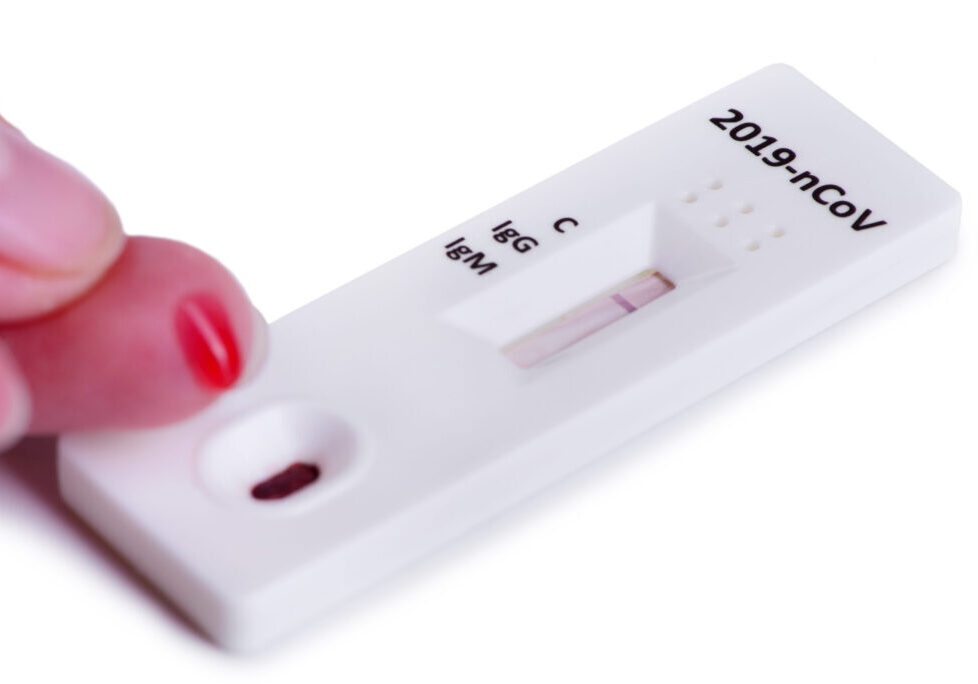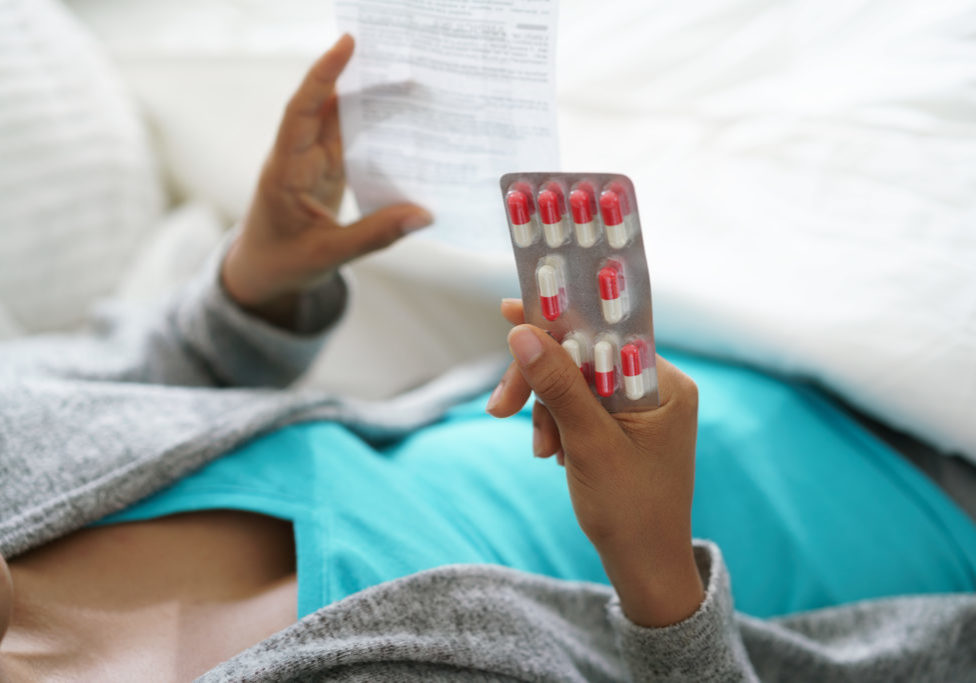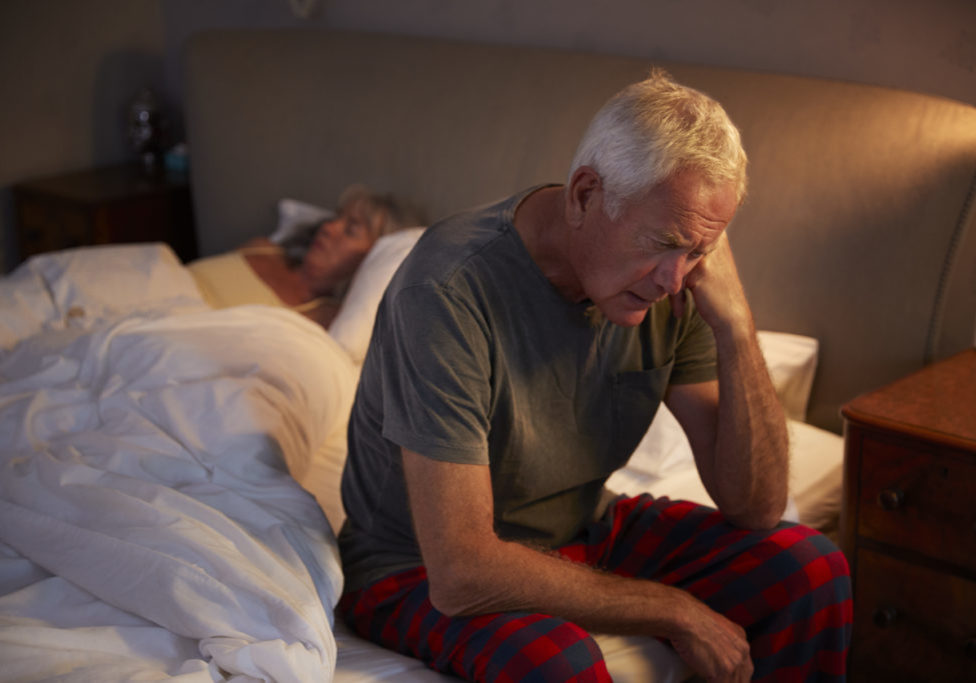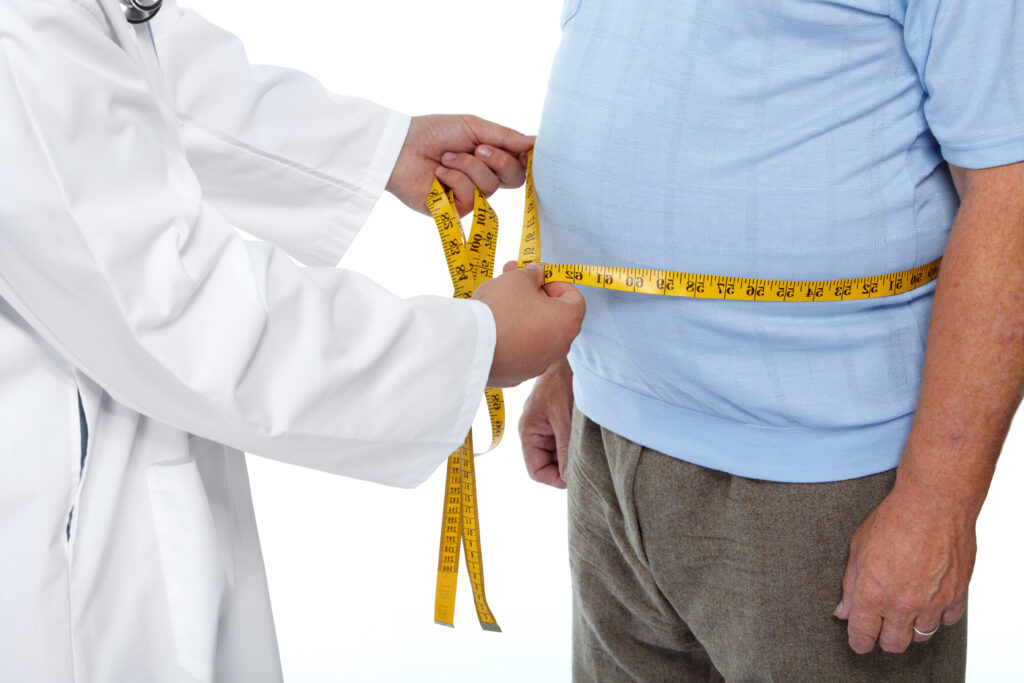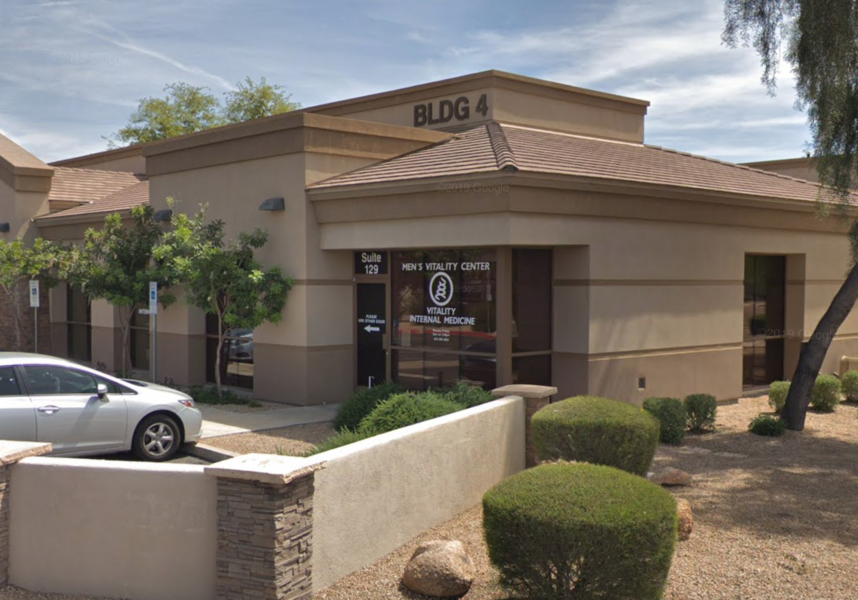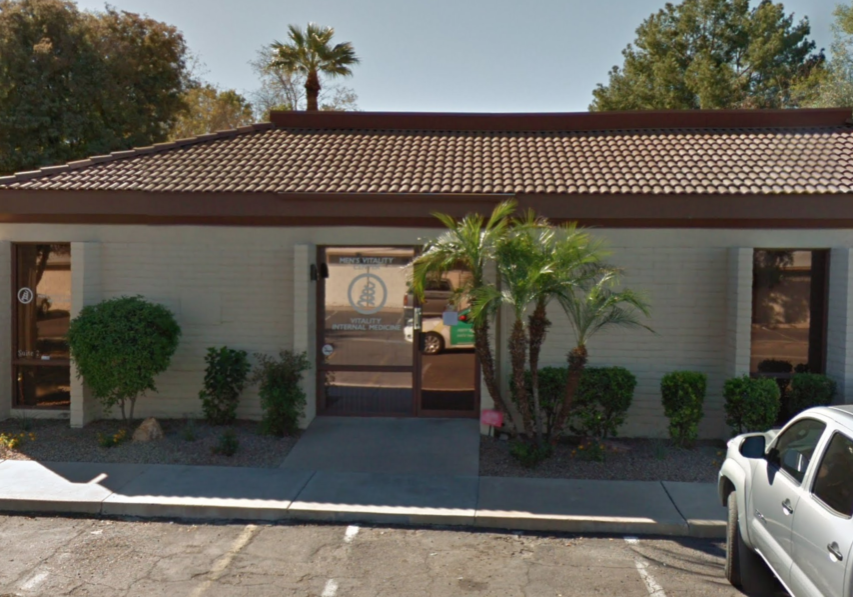Testosterone is essential for muscle growth and fat loss. Without it, or with low amounts of it, any hard work you put in at the gym to either build muscle or lose fat could be for nothing. Low testosterone effects your motivation, making getting to the gym difficult as well. You may not be seeing results because you have low testosterone and you are basically ice skating uphill.
Dr. Ben Evans recently sat down with the Jeremy Scott to discuss the effect of low testosterone on your fitness goals and health. Listen to the entire podcast HERE.
What causes low testosterone?
When men reach the age of 30, testosterone naturally begins to decrease at a rate of around 1% per year. Symptoms of low testosterone would come on gradually and aren’t noticed until 60 or 70 years of age.
However, symptoms of low testosterone occur in younger men when levels decrease dramatically due to injury (either to the head or testicles), taking certain opiates/pain killers or illegal drugs, thyroid issues, diabetes, obesity, stress, poor diet or lack of sleep.
How would low testosterone effect your workout?
Testosterone is essential for building muscle, so if you have low T, no matter how hard you try to build muscle mass and strength you won’t see any results. This can be very frustrating. It may also make your exercise recovery more difficult resulting in under-recovery.
Low T can also make losing fat more difficult as testosterone helps to burn fat. In a recent study, testosterone-deficient men who received testosterone replacement therapy lost fat, not lean muscle.
Low testosterone can also affect your workout by simply preventing you from getting to the gym. Symptoms of low T include lack of motivation, fatigue and depression. It is hard to get to the gym when you can barely get off the couch.
How to treat low testosterone
If you suspect your testosterone is low, the first thing you want to do is visit a doctor to have your testosterone levels checked. This is done through blood work and can let the doctor know that you are a candidate for testosterone replacement therapy (TRT).
There are a number of treatment methods available to deliver testosterone, such as creams, pellets or injections. Dr. Ben Evans has specialized in testosterone replacement therapy for over 20 years and his preferred method of treatment is testosterone injections.
The benefits of testosterone injections are that you can precisely control the dosage and prevent any unwanted side effects. You also reduce the chance of transferring the testosterone to your kids or spouse when hugging them like you risk with testosterone creams. It can be difficult to control the testosterone dosage using testosterone pellets and they also pose the risk of infection at the implantation site. Testosterone injections are quick to administer in the doctors office and give the best results with minimal side effects.
How to Avoid Side Effects from Testosterone Therapy
Too much testosterone can lead to side effects that include acne, aggressive behavior, decreased sperm count, gynecomastia (man boobs) and increased red blood cell production. Some of these side effects can be dangerous especially in the fitness and body building world.
For instance, Dr. Evans recently shared a warning on the Jeremy Scott Fitness Podcast in which body builders tend to have sleep apnea that goes untreated. Sleep apnea can increase red blood cell mass. Too high of a dose of testosterone also causes increased red blood cell mass. Combined the blood is thickened making it difficult for the heart to pump blood, which can lead to heart failure, stroke or blood clots.
To avoid side effects, it is important to monitor your testosterone levels by regularly having your blood tested. Whether you are being treated by a doctor or taking testosterone recreationally, Dr. Evans stresses that testosterone levels must be carefully monitored to avoid severe side effects like the case mentioned above.
Talk to your Doctor about Testosterone Replacement Therapy
If you suspect you may be experiencing symptoms of low testosterone, schedule an appointment to check your testosterone levels and see if testosterone therapy is right for you. Learn more about testosterone therapy by visiting this informational page on testosterone therapy treatment. Learn about the different options available and if this is the best course for you. Dr. Evans and his experts have been treating low testosterone in the Scottsdale, AZ area for almost 20 years and can work with you to help you feel like a man again!
Schedule Your Appointment
Fill out an appointment request to have one of our team members reach out to you or CALL(480) 534-5846 to set up your appointment today.
Find a Men's Vitality Center Near You
We pride ourselves on being a comprehensive Internal Medicine practice that specializes in Male Testosterone Replacement Therapy (TRT), Women's Hormone Replacement Therapy (HRT), Adult Internal Medicine and Opiate Addiction Treament near you.
3 Locations Valley-Wide to Best Serve You. Select a Clinic Below for Location Details & Google Reviews


